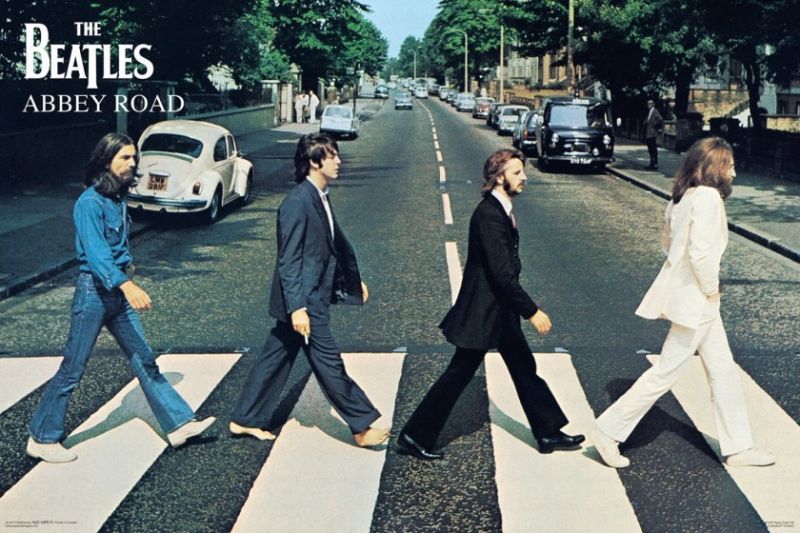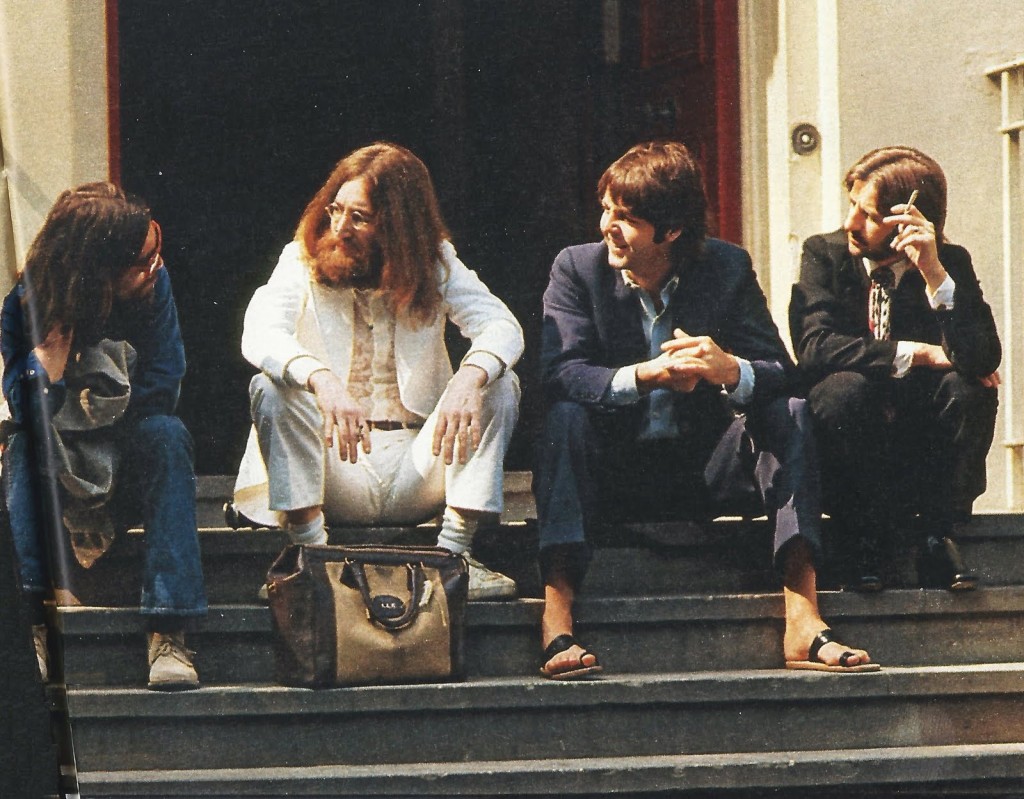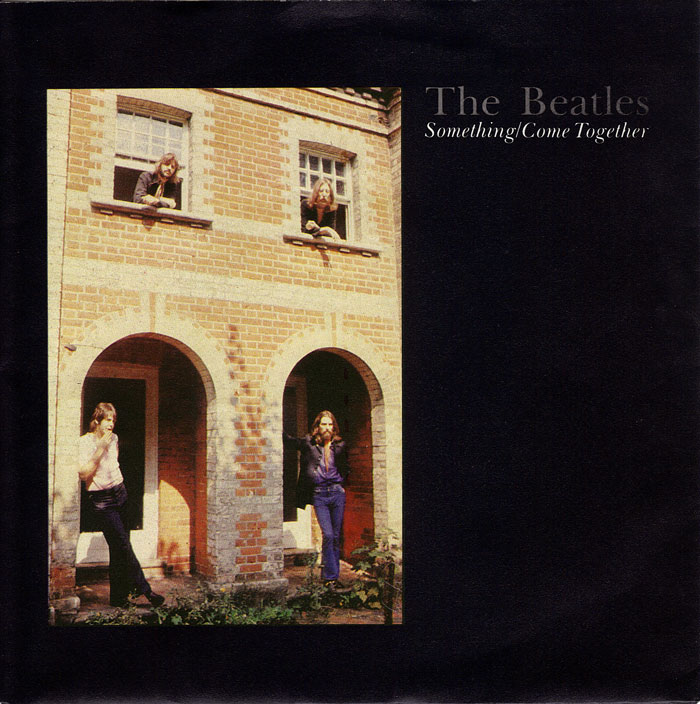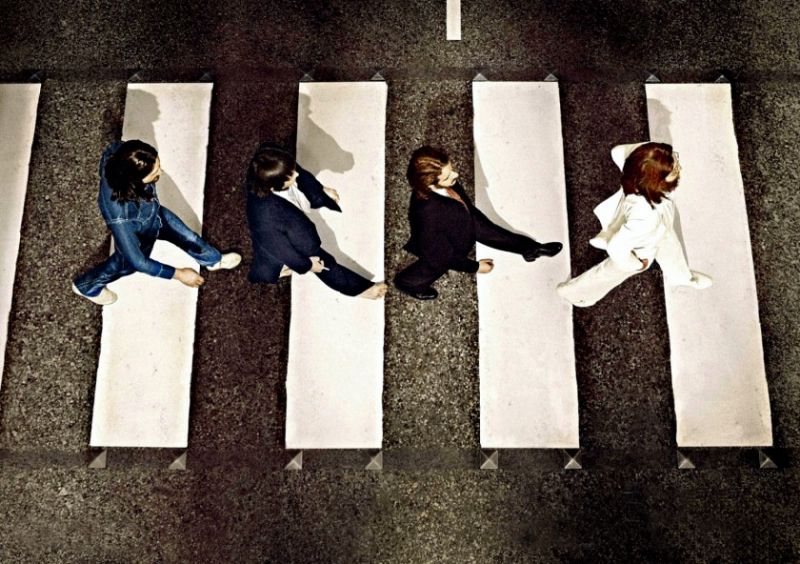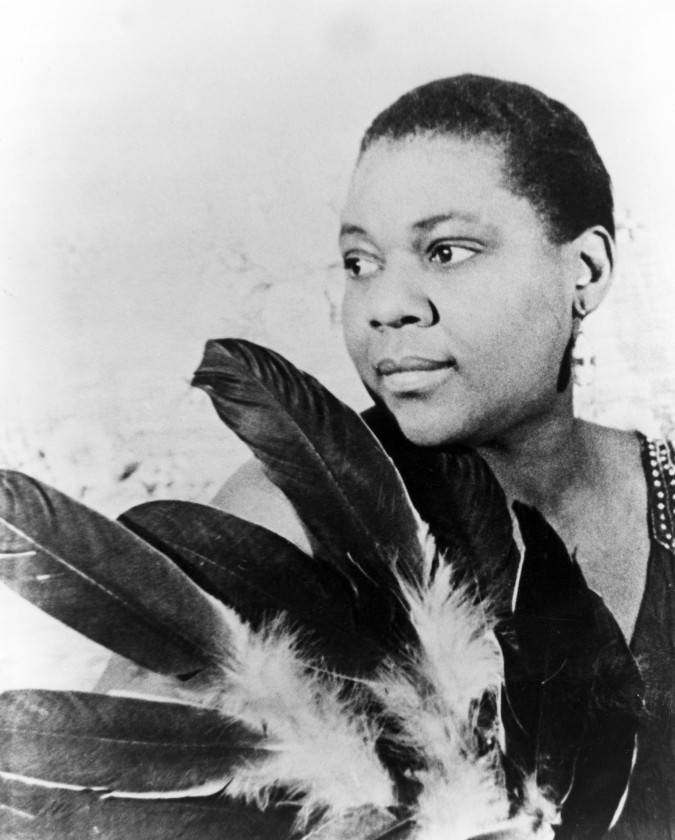
Bessie Smith (April 15, 1894 – September 26, 1937) was an American blues singer.
Nicknamed The Empress of the Blues, Smith was the most popular female blues singer of the 1920s and 1930s. She is often regarded as one of the greatest singers of her era and, along with Louis Armstrong, a major influence on later jazz vocalists.
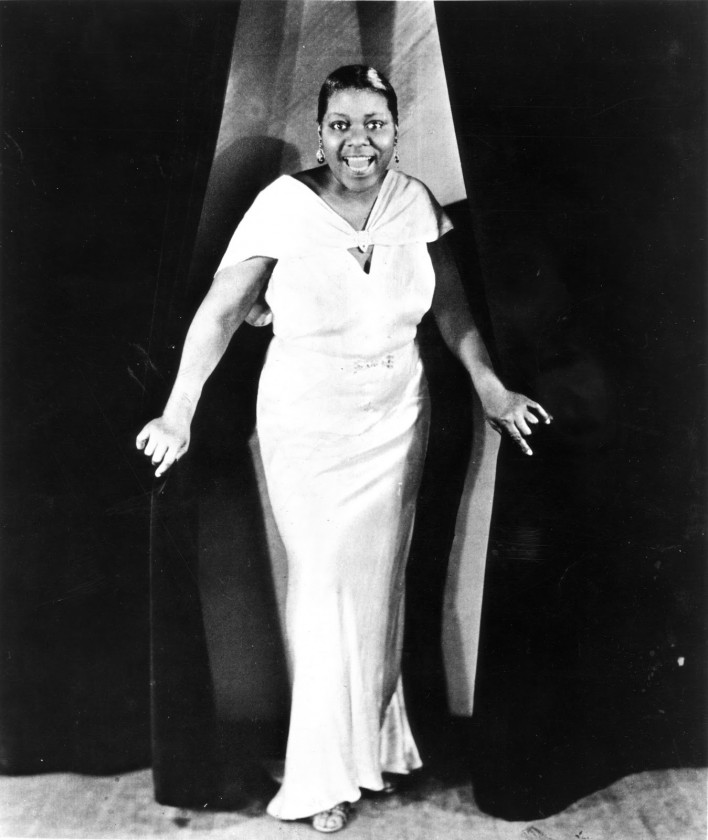
She scored a big hit with her first release, a coupling of “Gulf Coast Blues” and “Downhearted Blues”, which its composer Alberta Hunter had already turned into a hit on the Paramount label. Smith became a headliner on the black T.O.B.A. circuit and rose to become its top attraction in the 1920s. Working a heavy theater schedule during the winter months and doing tent tours the rest of the year (eventually traveling in her own railroad car), Smith became the highest-paid black entertainer of her day. Columbia nicknamed her “Queen of the Blues,” but a PR-minded press soon upgraded her title to “Empress”.
Smith was gifted with a powerfully strong voice that recorded very well from her first record, made during the time when recordings were made acoustically. With the coming of electrical recording (circa 1925), the sheer power of her voice was even more clear.
She made 160 recordings for Columbia, often accompanied by the finest musicians of the day, most notably Louis Armstrong, Coleman Hawkins, Fletcher Henderson, James P. Johnson, Joe Smith, and Charlie Green.
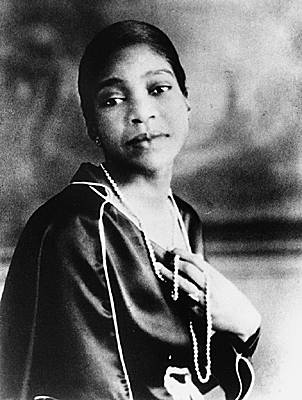
Selective awards and recognitions:
Grammy Hall of Fame
Recordings of Bessie Smith were inducted into the Grammy Hall of Fame. This special Grammy Award was established in 1973 to honor recordings that are at least 25 years old and that have “qualitative or historical significance.”
| Bessie Smith: Grammy Hall of Fame Award |
| Year Recorded |
Title |
Genre |
Label |
Year Inducted |
| 1923 |
“Downhearted Blues” |
Blues (Single) |
Columbia |
2006 |
| 1925 |
“St. Louis Blues” |
Jazz (Single) |
Columbia |
1993 |
| 1928 |
“Empty Bed Blues” |
Blues (Single) |
Columbia |
1983 |
National Recording Registry
In 2002 Smith’s recording of the single, “Downhearted Blues”, was included by the National Recording Preservation Board in the Library of Congress’ National Recording Registry. The board selects songs on an annual basis that are “culturally, historically, or aesthetically significant.”
“Downhearted Blues” was included in the list of Songs of the Century by the Recording Industry of America and the National Endowment for the Arts in 2001. It is in the Rock and Roll Hall of Fame as one of the 500 songs that shaped rock ‘n’ roll.
Inductions
| Year Inducted |
Category |
Notes |
| 2008 |
Nesuhi Ertegun Jazz Hall of Fame |
Jazz at Lincoln Center, NYC |
| 1989 |
Grammy Lifetime Achievement Award |
| 1989 |
Rock and Roll Hall of Fame |
“Early influences” |
| 1981 |
Big Band and Jazz Hall of Fame |
| 1980 |
Blues Hall of Fame |
St. Louis Blues (1929):
Baby Won’t You Please Come Home (1923):
Album of the day – The Essential Bessie Smith (1997):
Other September 25:
Continue reading Today: Bessie Smith passed away in 1937 76 years ago →
